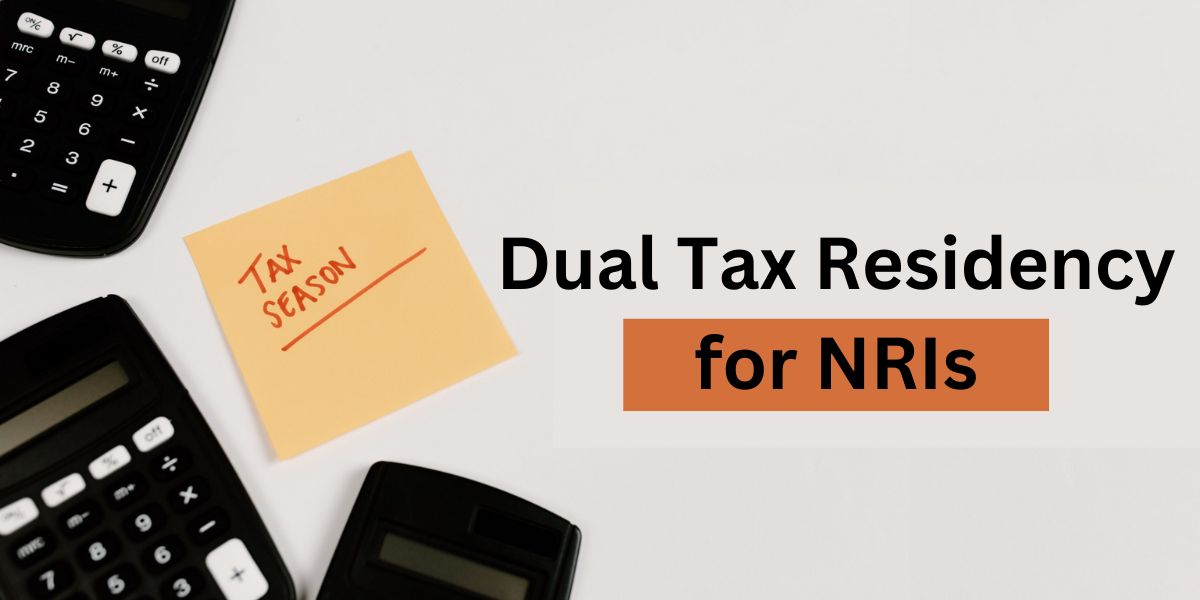Understanding Dual Tax Residency and How to Avoid It
In an increasingly globalized world, many individuals find themselves living, working, or owning assets in more than one country. While this international lifestyle can offer tremendous opportunities, it also brings complex tax challenges. One such challenge is dual tax residency, which can lead to the unwelcome prospect of double taxation — where the same income is taxed in two different jurisdictions. This article, provided by Legal Marketplace CONSULTANT, explores the concept of dual tax residency, its implications, and practical strategies to avoid or mitigate it, ensuring your income remains protected.
What is Dual Tax Residency?
Dual tax residency occurs when two countries simultaneously consider the same individual a tax resident under their respective domestic tax laws. This situation commonly arises for individuals who live or have significant ties to multiple countries throughout the year, frequently traveling, working abroad, or maintaining permanent homes in different nations.
When a taxpayer is regarded as a resident by two countries, both may assert the right to tax the individual’s worldwide income, leading to double taxation, which can significantly increase the effective tax burden and cause financial strain.
How Do Countries Determine Tax Residency?
Each country has rules to determine who qualifies as a tax resident. Though these rules vary, some common criteria include:
- The number of days spent in the country. Many countries use the “183-day rule”, meaning an individual staying at least 183 days in a tax year is treated as a resident.
- Having a permanent home available in the country.
- Center of vital interests — the location of personal and economic ties.
- Nationality or citizenship.
- Place of habitual abode or where the individual usually lives.
Because different countries apply these criteria differently, conflicts leading to dual residency can easily arise, especially for expatriates, digital nomads, and global businesspeople.
Implications of Dual Tax Residency
The main consequence of dual tax residency is double taxation, where two jurisdictions tax the same income or assets. This situation results in:
- An increased overall tax burden.
- Complex tax filing requirements in multiple countries.
- Potential penalties or fines if tax obligations are overlooked or mismanaged.
- Administrative complexity and increased need for expert advice.
Double taxation can be financially damaging unless managed with strategic planning and knowledge of applicable tax laws and treaties.
Mechanisms to Avoid or Resolve Dual Tax Residency Issues
Fortunately, international tax systems offer several methods to alleviate the burden of dual tax residency and ensure fair taxation. These mechanisms include:
1. Tax Treaties and the Residency Tie-Breaker Rules
Most countries enter into bilateral Double Taxation Agreements (DTAs), which specify rules to resolve dual residency conflicts. These treaties often include residency tie-breaker rules that determine which country has the primary right to tax an individual.
Tie-breaker rules typically consider in order:
- Where the individual has a permanent home available.
- Where the individual's center of vital interests lies (personal and economic relations).
- Where the individual habitually resides.
- Nationality or citizenship.
- Mutual agreement between the tax authorities if none of the above criteria resolve the conflict.
By applying these rules, taxpayers can determine their primary country of residence for tax purposes and avoid conflicting residency claims.
2. Foreign Tax Credits
Many countries provide a foreign tax credit system, allowing taxpayers to deduct taxes paid to a foreign jurisdiction from their domestic tax liability on the same income. This mechanism helps prevent double taxation, though the credit amount may be limited based on local laws.
3. Tax Exemptions and Reliefs
Some countries exempt certain types of foreign income or offer special relief provisions for individuals with dual residency. Understanding these exemptions fully can reduce taxable income.
4. Proper and Timely Tax Filings
Filing accurate tax returns in all jurisdictions is critical. A single incorrect or missing form could trigger audits, penalties, or higher tax bills. Planning residency status and filing obligations before tax season starts is essential to avoid costly mistakes.
Practical Tips to Prevent Dual Tax Residency Issues
- Keep detailed records of physical presence in each country, including entry and exit dates.
- Establish clear permanent residence according to your primary country of taxation.
- Review tax treaties between relevant countries to understand tie-breaker provisions and double taxation relief.
- Consult with tax professionals well before the tax filing deadlines to clarify obligations and residency status.
- Ensure timely submission of all forms and declarations required by each tax authority.
- When possible, adjust your residency to avoid overlapping tax residence periods.
Why Legal Guidance is Essential
Navigating the complexities of dual tax residency requires expertise in international tax law and awareness of constantly changing regulations. Incorrect handling can result in thousands of dollars in unexpected taxes, fines, or lengthy disputes.
Legal Marketplace CONSULTANT advises planning your tax residency status carefully and seeking professional advice tailored to your specific situation. Proper guidance not only secures compliance but also optimizes your tax position.
When and How to Seek Professional Help
The best time to consult a legal or tax expert is before tax season — preferably as soon as you anticipate changes in your residency or tax circumstances.
You can reach us directly through the communications links provided in our bio or by sending a private message to obtain personalized support and avoid costly errors.
Dual tax residency is a complex issue affecting many individuals living or working across borders. Without proper management, it can lead to double taxation and significant financial consequences. By understanding residency rules, utilizing tax treaties, claiming foreign tax credits, and engaging professional help early, taxpayers can effectively mitigate risks and protect their income. Planning your residency before tax deadlines and ensuring correct filings are key to avoiding unnecessary tax liabilities.
Legal Marketplace CONSULTANT remains committed to guiding clients through these challenges, offering expertise and tailored solutions to navigate dual tax residency and optimize tax outcomes worldwide.
Legal Marketplace CONSULTANT is a legal company specializing in comprehensive legal services for businesses and individuals. Our team includes lawyers, legal advisors, tax consultants, auditors, and accountants dedicated to providing expert support in tax residency and international tax matters.































